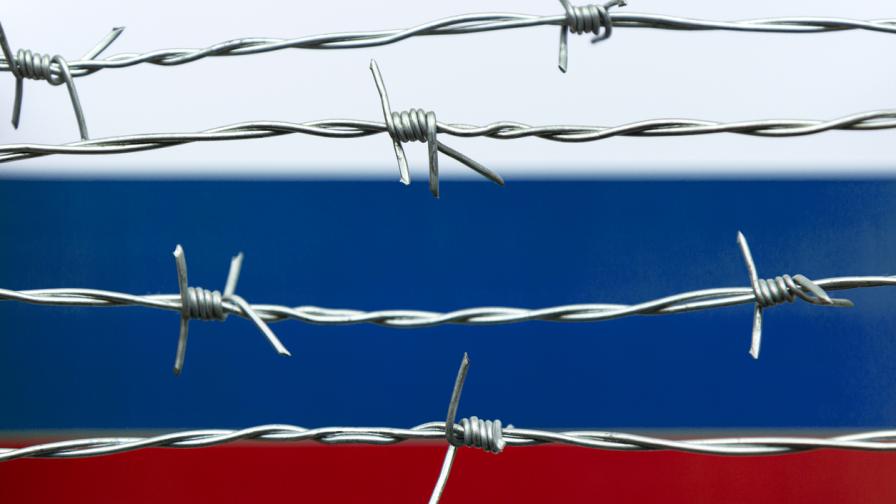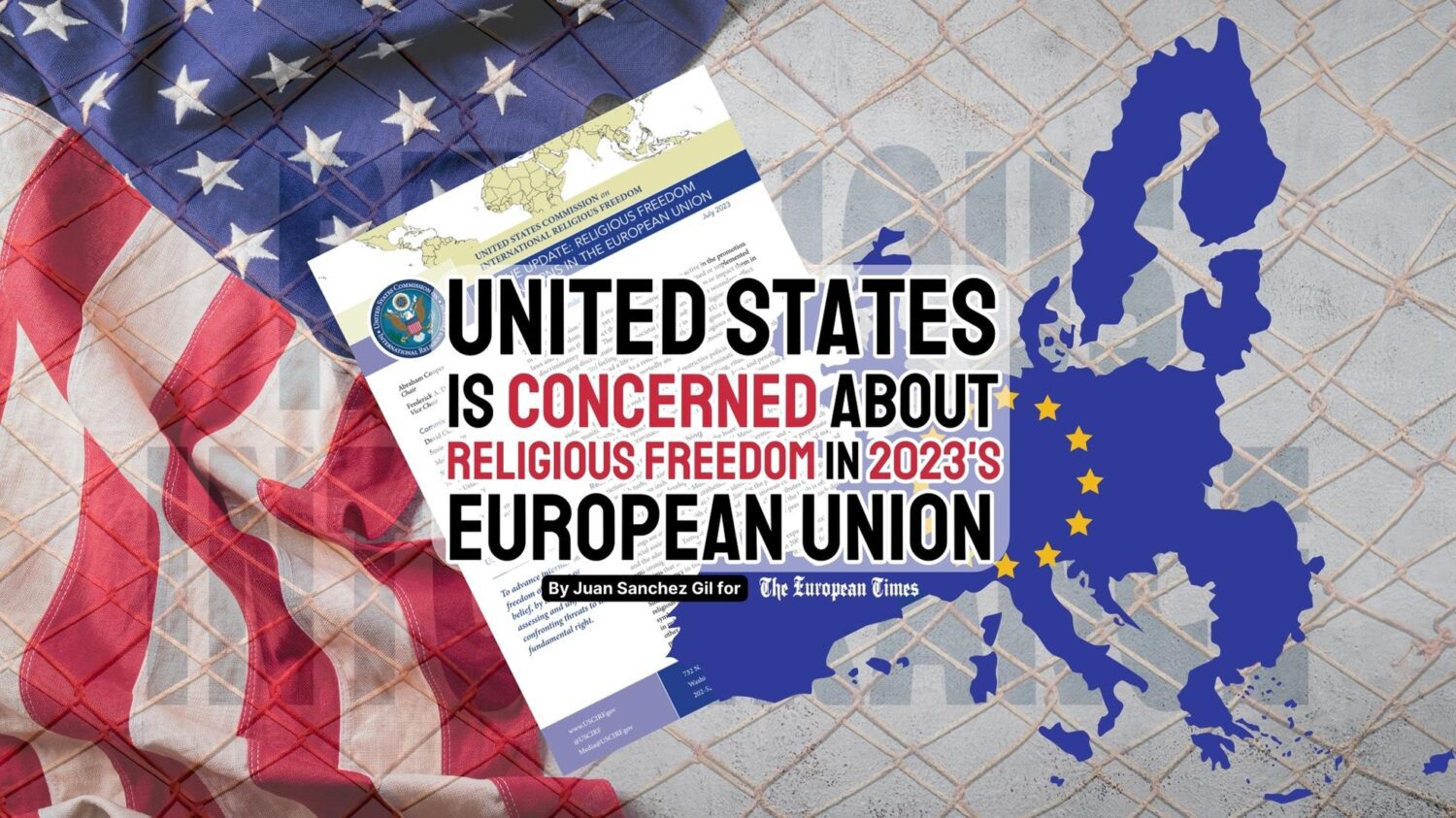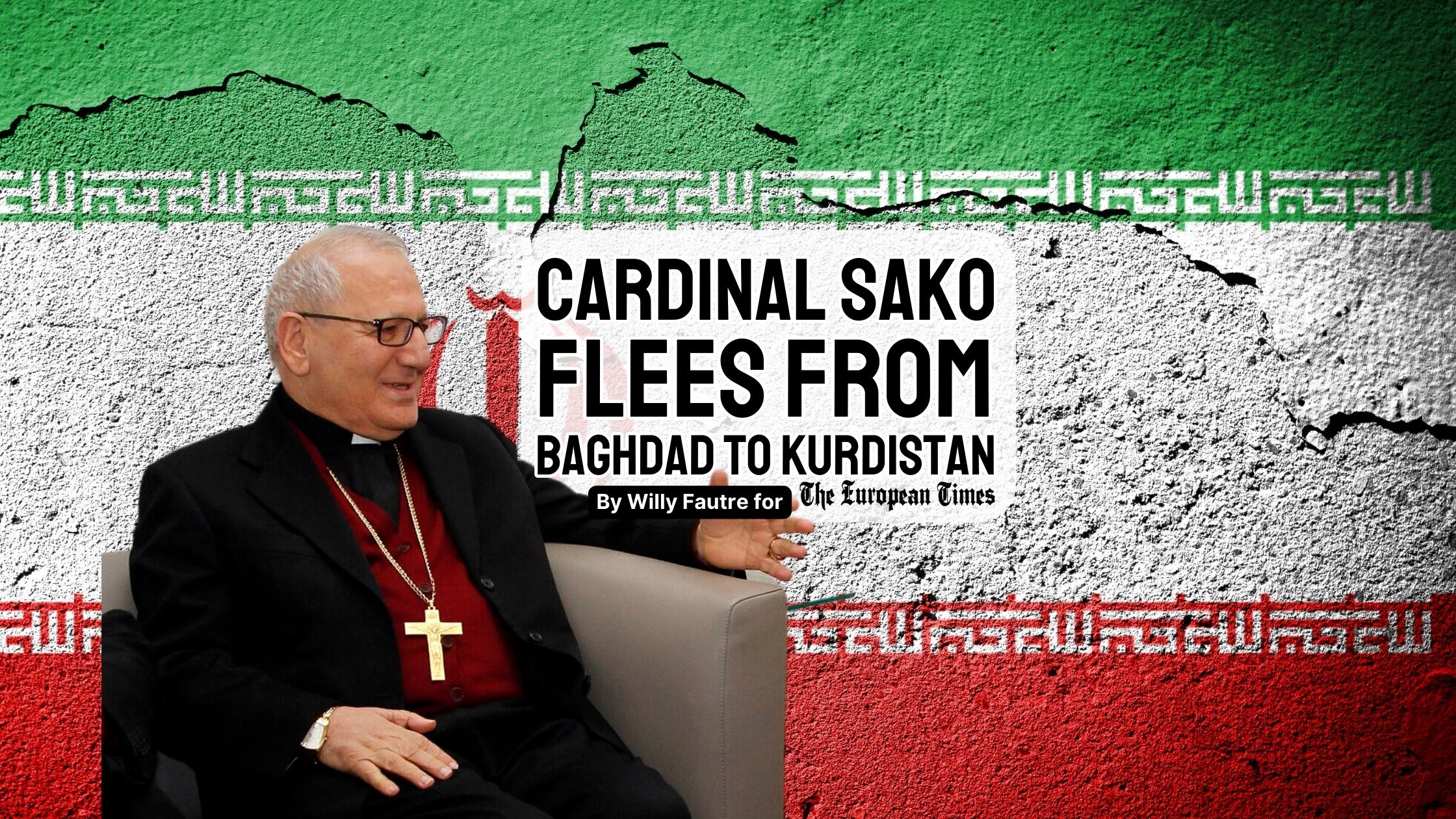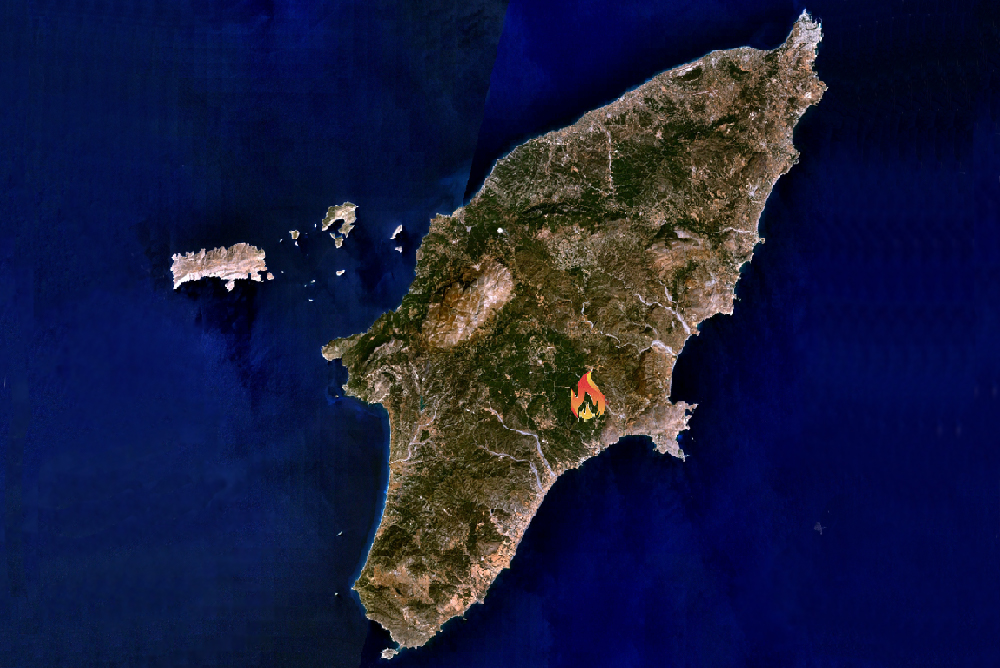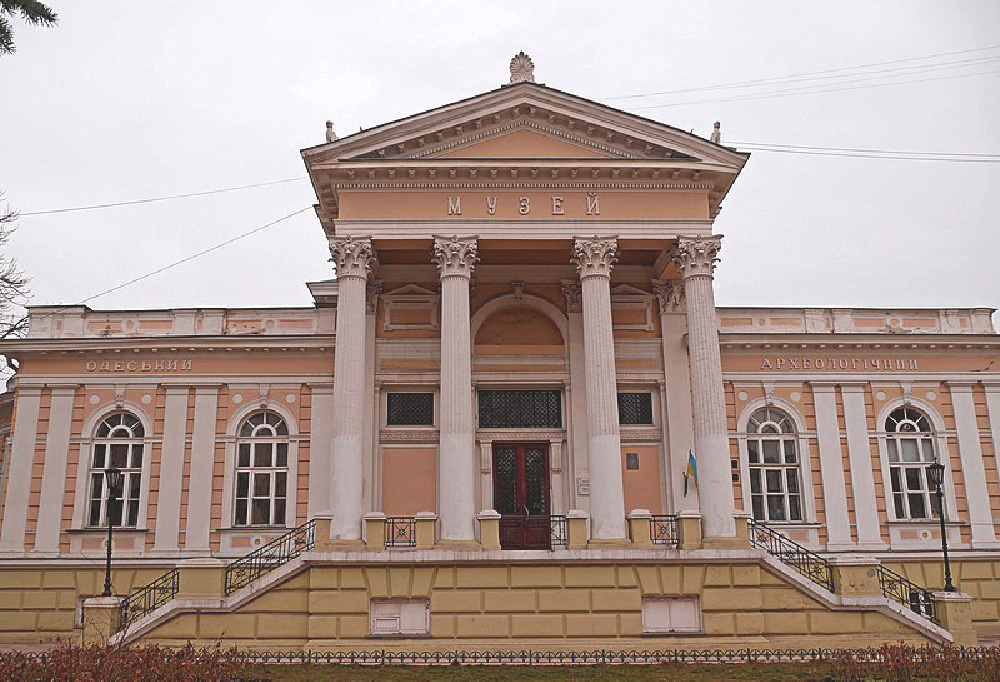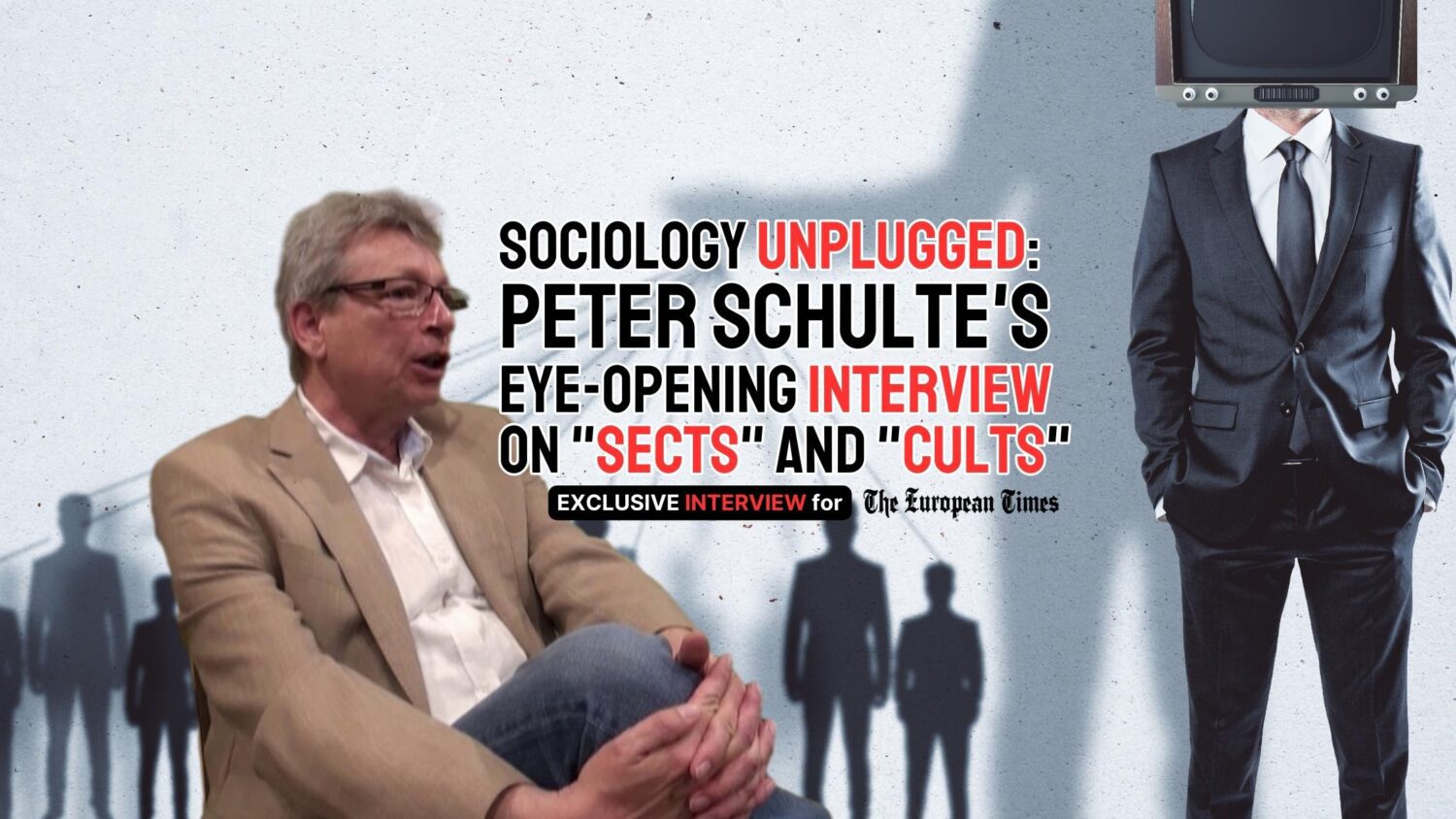Quantum physics is not new, but we have only recently become able to control quantum phenomena and thus use them to develop new technologies. One of the areas in which quantum technology is most mature and ready for application is quantum sensors, where quantum phenomena can help make the sensors ultra-sensitive, enabling them to see details and measure much smaller quantities than possible with currently existing sensors.

The laboratory of Kirstine Berg-Sørensen. Image credit: Jesper Scheel
Defective diamonds as quantum sensors
Alexander Huck is one of the DTU researchers researching the use of diamonds as quantum sensors for more than ten years. These are artificial diamonds with a built-in defect: the NV centre. The NV centre behaves like a quantum mechanical spin that can register weak magnetic fields and other physical parameters.
Alexander Huck has used quantum diamonds to measure biological material, among other applications. In 2020, he demonstrated—together with a multidisciplinary research team—that measuring electrical activity in muscles was possible using an NV diamond quantum sensor.
“The advantage of using diamonds to measure biological material is that we don’t need to attach electrodes to the material to measure a signal. Instead, we can place a diamond, in this case in the shape of a small flat plate measuring 1-2mm x 1-2mm, close to the biological material without ‘damaging’ it and then measure signals using magnetic fields. We’ve recently succeeded in performing similar measurements of brain activity from tissue in mice, which is a major new milestone,” says Alexander Huck, Associate Professor at DTU Physics.
In his opinion, quantum sensors will play a big part in the work to gain more knowledge about the brain and neural networks, eventually contributing to both improved diagnosis and cures for brain disorders.
Knowledge of molecules and photosynthesis
Alexander Huck has recently also started using NV diamond sensors on length scales much smaller than cells and tissue from muscles and the brain. He wants to try using the quantum sensor to gain greater knowledge about molecules. The overall focus is on electronic processes on a molecular scale, such as photosynthesis, which he wants to learn more about by looking at one or a few molecules at a time.
“If we can understand how photosynthesis works in detail, it may—in the long term—allow us to copy how plants harvest energy from the sun and convert it into storable and transportable chemical substances. Much of our current knowledge is based on analyses of large groups of molecules, and this can obscure some of the details. I want to gain knowledge about them by looking at the molecules individually,” says Alexander Huck.
Increased knowledge about human cells
Kirstine Berg-Sørensen also uses quantum technology for biological sensors, but with smaller diamonds. Her focus is on obtaining greater knowledge of our cells.
“In recent years, cell biology researchers have discovered that cells are not as heterogeneous as we thought. The individual cells develop differently, even though they come from the same starting point. This applies, for example, to cancer cells, but also to immune cells, which is my focus area. It’s important to gain more in-depth knowledge about which cells are responsible for disease development and disease control, respectively,” says Kirstine Berg-Sørensen, Associate Professor at DTU Health Tech.
Kirstine Berg-Sørensen has worked with optical traps in the laboratory throughout most of her career. In this work, a highly focused laser beam of infrared light is used to examine the biological material. In this way, the light does not heat up the material and thus does not create changes in connection with the analyses.
“About six years ago, through Alexander Huck’s work, I became aware of nanodiamonds, which make it possible to register weak magnetic fields, for example in human tissue. This gave me the idea to study cells by combining our methods, and we’re now collaborating on this,” says Kirstine Berg-Sørensen.
Combining two methods
The cells first absorb tiny nanodiamonds that have a diameter of about 120 nanometres—500 times smaller than the thickness of a human hair. The researchers use laser light to read what the diamond measures.
In the long term, the goal is to develop an advanced measuring tool for biological material based on the two methods. The advantage of both diamonds and optical trap is that they are biocompatible, which means that they do not interact with the biological material and thus do not ‘disturb’ anything in connection with the measurement. In addition, their magnetic sensitivity can function at room temperature, and therefore does not require extremely low temperatures below minus 150 degrees, unlike other types of quantum sensors.
“We’ve already shown that we can get the cells to absorb the nanodiamonds. Now we need to refine our method to get optical tweezers, a laser beam, to ‘push’ the diamond around in the cell, so that we can measure several parts of the cell. We’re currently working on this,” says Kirstine Berg-Sørensen.

E-MAT comprises a range of instruments, which, under controlled conditions, allow for the development and synthesis of novel materials. Image credit: DTU
Development of new quantum sensors
Although quantum sensors are already capable of performing more accurate measurements than ordinary sensors, work is being done to improve them further, for example in a collaboration between researchers working to develop new materials, and where Alexander Huck contributes with his expertise in NV diamonds and quantum sensors.
“Our goal is to systematically examine whether we can find a new sensor that is small, biocompatible, capable of operating at room temperature, and able to measure magnetic fields in the brain of living organisms. This will enable us to significantly expand our knowledge of the processes in the brain. We are planning to fabricate new sensora by using new custom-made 2D materials that enable us to control defects at the atomic level,” explains Nini Pryds, Professor at DTU Energy, who is a materials scientist and in charge of the work.
The goal of the specific project is to develop a completely new quantum sensor based on 2D materials that will be more sensitive than a diamond.
“To create better, less expensive, and more practical small sensors, we will examine whether it’s possible to use completely different types of magnetically sensitive sensors based on 2D materials. With the new sensor, our future goal is to be able to offer better detection at an earlier stage, before brain diseases have time to develop further,” says Nini Pryds.
The development of the new sensor will also benefit from a new infrastructure research facility, at DTU, E-MAT. This is the first of its kind in Northern Europe, for synthesis of new generation of quantum materials and it only exists in a few places worldwide. E-MAT consists of glovebox with controlled environment encompassing a cluster of key equipment including state-of-the-art deposition methods enabling the control of surfaces and interfaces at atomic scale. This infrastructure will makes it possible not only to predict new materials theoretically, but also to actually make these materials and testing them. This makes the researchers confident that they will succeed in developing a new quantum sensor in the coming years.
Testing of quantum sensors
Some quantum sensors have already come so far in their development that their use is being tested in real life. This includes a quantum accelerometer, which in the future could substitute the GPS system for navigation.
In the current test version, the quantum sensor is a large box that takes up a lot of space when mounted in an airplane and sent on a trip over Greenland to navigate via the Earth’s gravitational field. One goal will be to reduce the quantum sensor to chip size so that, in the future, it can be used anywhere, in aircrafts, boats, buildings, under ground, and under water. This will ensure independence from the GPS system, which can be jammed or spoofed, and which poses a threat in the current geopolitical situation.
Source: DTU




